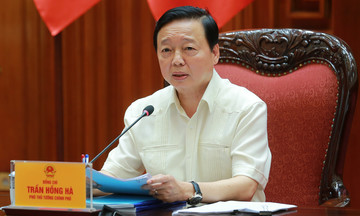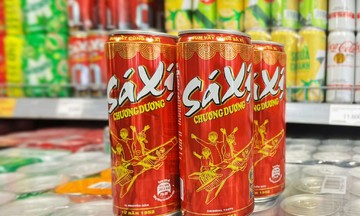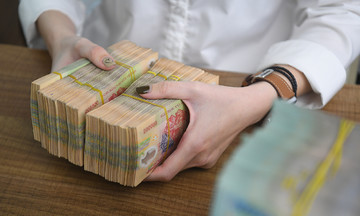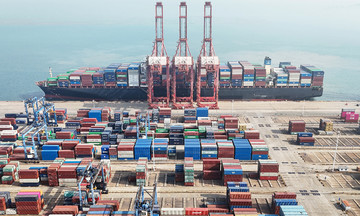On 9/9, the Supreme Court agreed to hear the Justice Department's appeal of a lower court ruling that questioned the legality of tariffs imposed by former President Donald Trump. The court will review the legality of the import taxes enacted during Trump's presidency. Last week, the US government urged the court for a swift decision.
The Supreme Court has expedited the case, with the first arguments scheduled for the first week of November.
On 29/8, the US Court of Appeals for the District of Columbia Circuit ruled that the tariffs imposed under the International Emergency Economic Powers Act (IEEPA) were unlawful. However, the court allowed the tariffs to remain in place until 14/10 to give the Trump administration time to appeal to the Supreme Court.
In May, the US Court of International Trade (CIT) in Manhattan issued a similar ruling. This ruling stemmed from two lawsuits: one filed by five small import businesses and another by 12 states: Arizona, Colorado, Connecticut, Delaware, Illinois, Maine, Minnesota, Nevada, New Mexico, New York, Oregon, and Vermont.
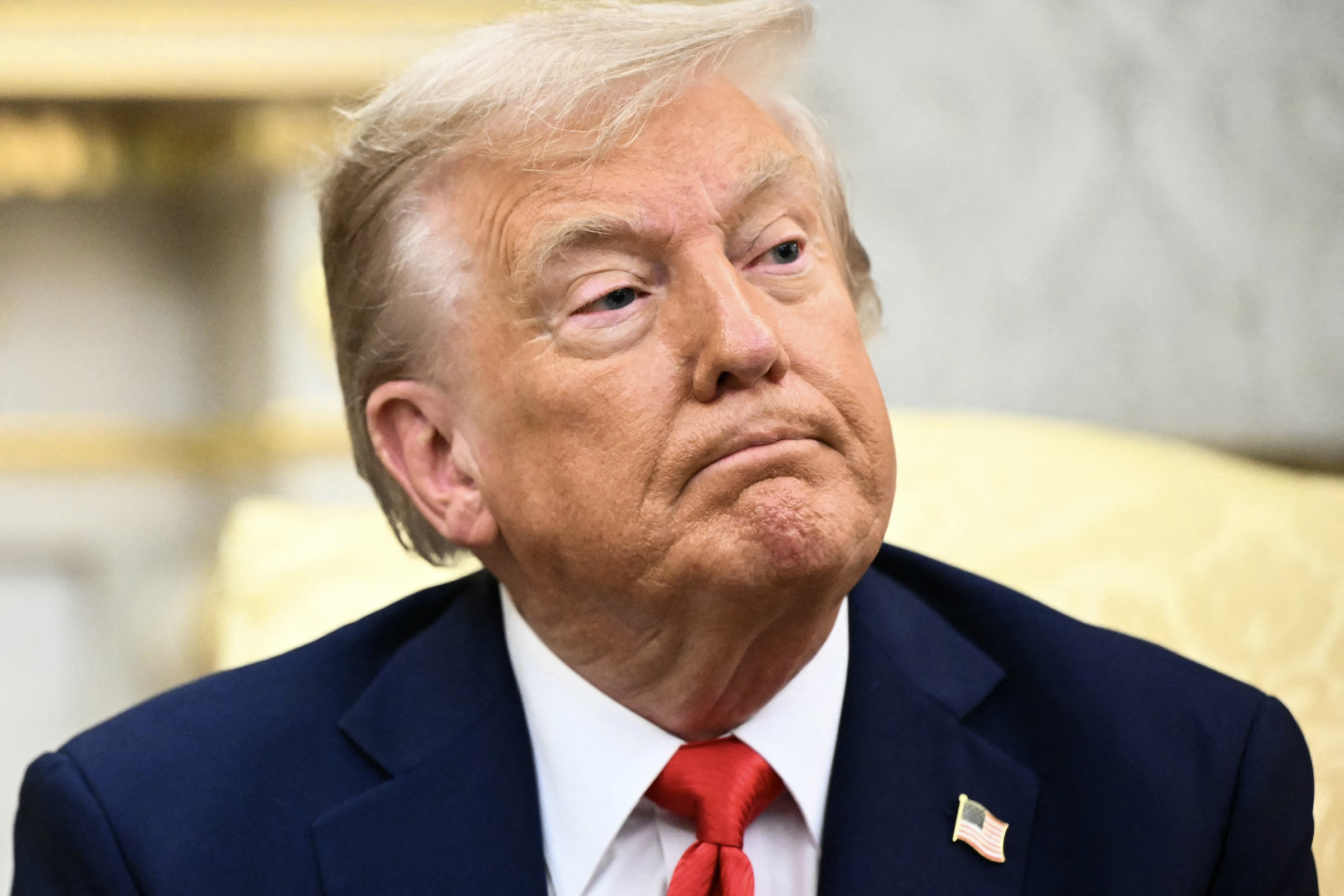 |
Former US President Donald Trump at the White House on 25/8. Photo: AFP |
Former US President Donald Trump at the White House on 25/8. Photo: AFP
The Supreme Court has also agreed to hear a separate case brought by Learning Resources, a family-owned toy company, also challenging Trump's import tariffs.
Congress passed the IEEPA in 1977 under President Jimmy Carter. The act grants the president authority to regulate commerce after declaring a national emergency to deal with "any unusual and extraordinary threat, which has its source in whole or substantial part outside the United States, to the national security, foreign policy, or economy of the United States." It allows the president to "block transactions and freeze assets to address the threat," and requires reporting to Congress every six months. In the event of an attack on the US, the president can seize assets linked to the country, organization, or individual supporting the attack.
Trump was the first president to use the IEEPA to impose tariffs, citing trade imbalances, declining manufacturing capacity, and the need to stem the flow of drugs across the border. In April, he declared a national emergency, arguing that the US had imported more than it exported for decades.
Tariffs were a key element of Trump's agenda during his term. He imposed tariffs on most US trading partners, ranging from 10% to 50%, and additional tariffs on products like aluminum, steel, cars, and car parts. He stated these actions aimed to rebalance global trade, reduce the US trade deficit, and force concessions from trading partners.
"President Trump acted lawfully in using his authority under IEEPA to address a national emergency and protect the nation's security and economy. We expect to ultimately prevail at the Supreme Court," White House spokesman Kush Desai said.
Meanwhile, Jeffrey Schwab, an attorney with the Liberty Justice Center representing the small businesses in the lawsuit, expressed confidence that the Supreme Court will affirm that the president does not have the unilateral authority to impose tariffs under this law. "Congress, not the president, has the power to impose tariffs under the constitution," Schwab said.
A few days ago, Treasury Secretary Scott Bessent warned that the US would have to repay substantial sums if it lost the case. "The estimated tariff revenue is between 750 and 1,000 billion USD by 6/2026, the expected date of the ruling. Returning those funds would cause significant disruption," Bessent said.
Ha Thu (Reuters)





